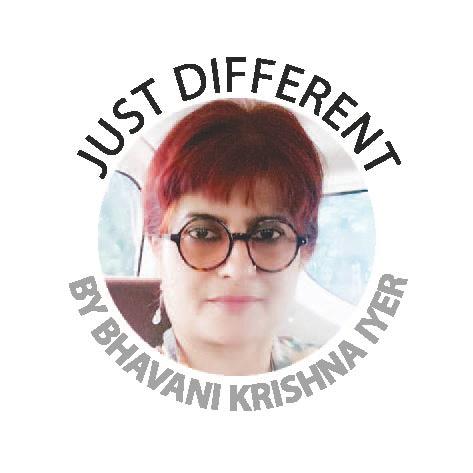HOW do you draw the line between comic and cynicism, especially when everyone feels entitled to have a perspective and that it is a basic right?
How do we even deal with satires, which is another form of literature that uses humour, irony exaggeration or ridicule, to explore and criticise people’s stupidity of vices particularly in the context of contemporary politics and topical issues?
Satire is used in many works of literature to show foolishness or vice in humans, organisations, or even governments and it uses sarcasm, ridicule, or irony. For example, satire is often used to achieve political or social change, or to prevent it.
Satire can be part of any work of culture, art or entertainment. It is a humorous way of poking fun at the powers that be.
Sometimes, it is created with the goal to drive social change. It has a long history and it is as relevant today as it was in ancient Rome.
The need for this lengthy explanation came about over a rueful series of torrents of criticisms by Hindu “extremists” over a movie which was recently released online in India.
Mookuthi Amman (Nose-ring Goddess) is a 2020 movie by RJ Balaji, Indian radio jockey-turned actor-director. The movie is essentially a comedy fare and a full-fledged satire, nothing more.
However, the fanatics thought too much into the motives, obviously. We have had similar themes before in Indian movies which escaped the radar of the dogmatists, or are the Hindu supremacists becoming increasingly overzealous with their self-proclaimed ideologies?
Now, if you are one with a matured mind, you would agree that fakes exist alongside the real and original, right from liquor to lingerie, Godmen included. This movie is fundamentally an anecdotal account of such people who prey on the gullibility of the average and ignorant person.
As I see it, the message is loud and clear – calling on people to discriminate and be guided by logic instead of whims and being a blind follower.
I won’t call it a religious offering but the movie raises several pertinent questions which we shall stay away from for fear of being offensive to the querulous and pompous groups.
Another important question weaved into the plot is the issue of human greed. “Enough” is a taboo word and it is never used, no matter how much on amasses in his/ her lifetime.
Granted, dealing with politics of religious, Godmen and blind faith is always dicey not just India, as people take offense readily. I find it out of time for people to be harping on race and religion issues instead of bread and butter matters.
The director RJ Balaji is not a seasoned actor, but he was able to keep the humour up to speed through the movie. In his light-hearted and temperate ways, he tries to skirt around sensitive issues without causing injury and seems pretty good at it.
If the movie is taken as entertainment, it has all elements that qualifies as one. Unbelievably stupid at times, but it can pass off for a slapstick. If you are for intellectual stimulation, you are better off without watching this fare.
Did I find elements of blasphemy in the movie? Peppered a little, perhaps, but it is weaved in subtly and dealt with respectfully.
The Godman with cultish following who is exposed in the movie has in his role squandered land and wealth from native people and it is a lesson that needs to be taught and learnt that by design we humans have the power to discriminate and vulnerability is only an excuse.
Blind faith removes our capability to see from the mind’s eye and very often charlatans get away with even murder.
I watched the movie out of curiosity over the controversy that was spewing on social media and the first 20 minutes was amusing with Urvashi stealing the show.
Then on, I was tempted to give up many times in between but as the debate got hotter on social media about why every Hindu should boycott the movie, I ended up watching the entire show, only to form an informed opinion.
The uproar over the movie is a wake-up call over the creeping danger of Hindu extremism in India, perhaps in Malaysia too. Radicalism should not be condoned as it is a perfect recipe to tear a country apart.
Incidentally, the remonstration displayed by certain segments of Hindus in Malaysia over a Deepavali advertisement is nothing but a storm in the tea-cup.
The quibble went a full cycle and is still holding up strongly.
The thing is, people with a public image and a private face will know why the protest and derisive slants are steeped in hypocrisy and fanaticism of all kinds should be treated like an illness. While most of us have moved on, some are still stuck in their archaic mindset about race, religion and culture.
Comments: letters@thesundaily.com















